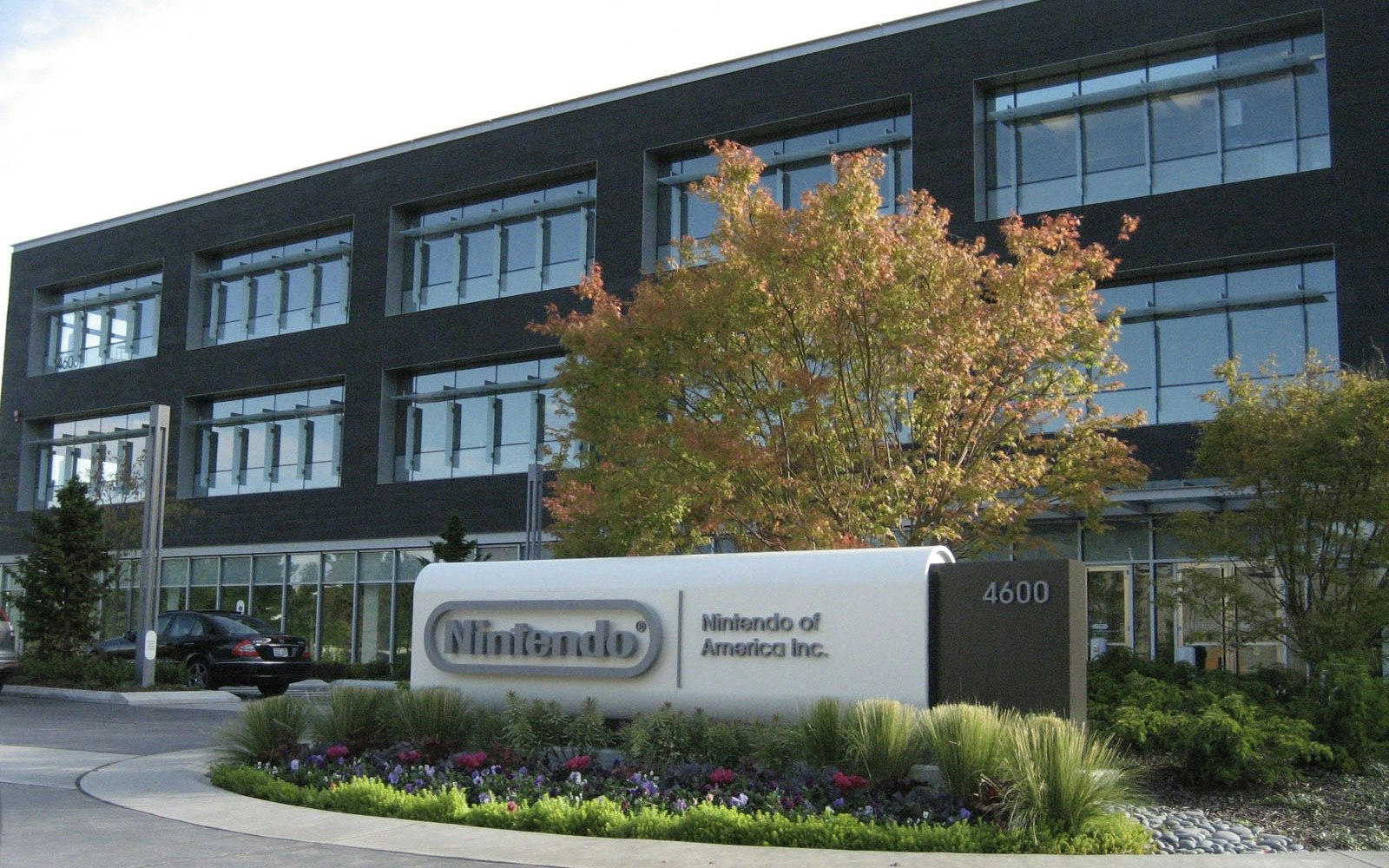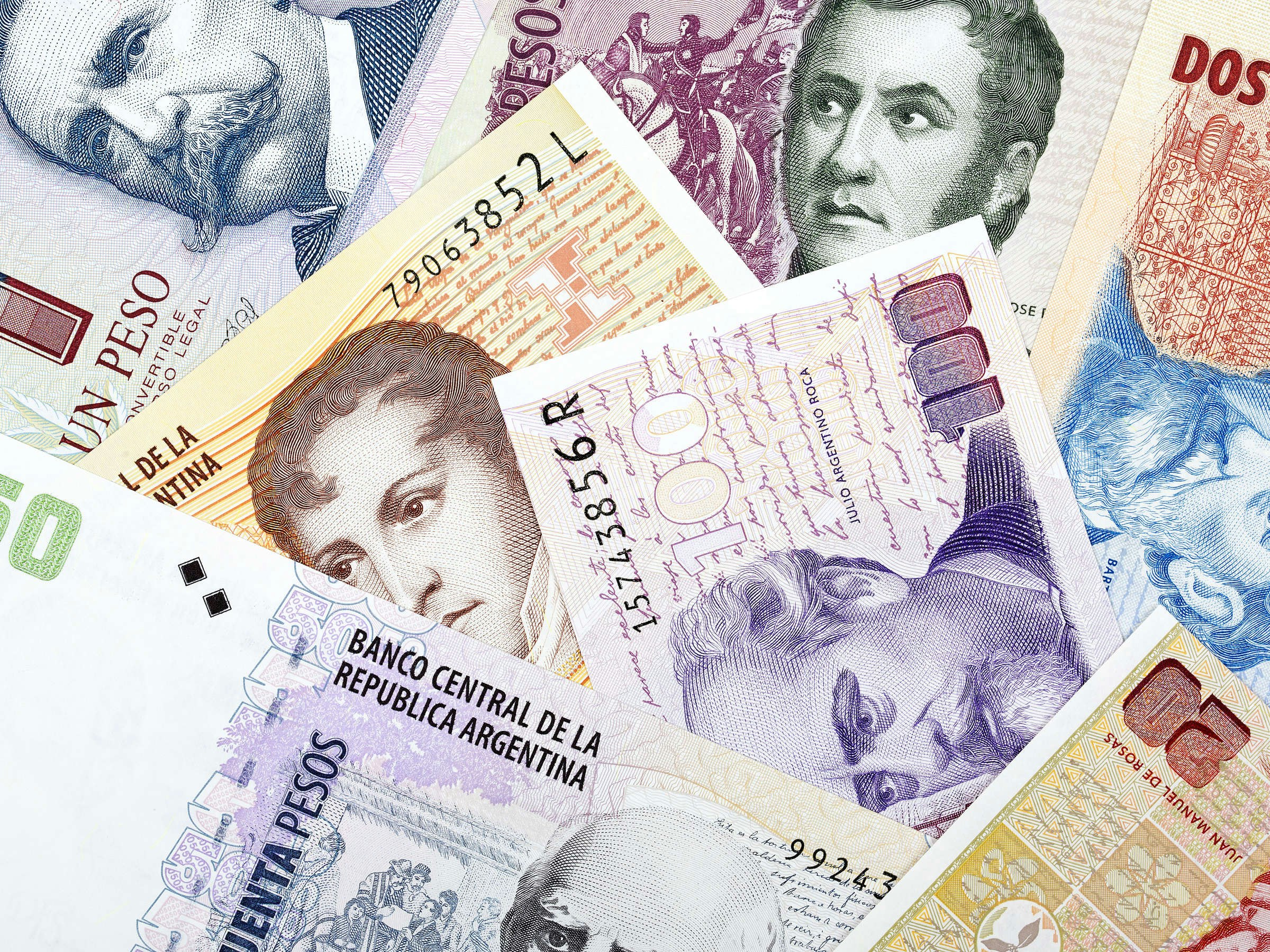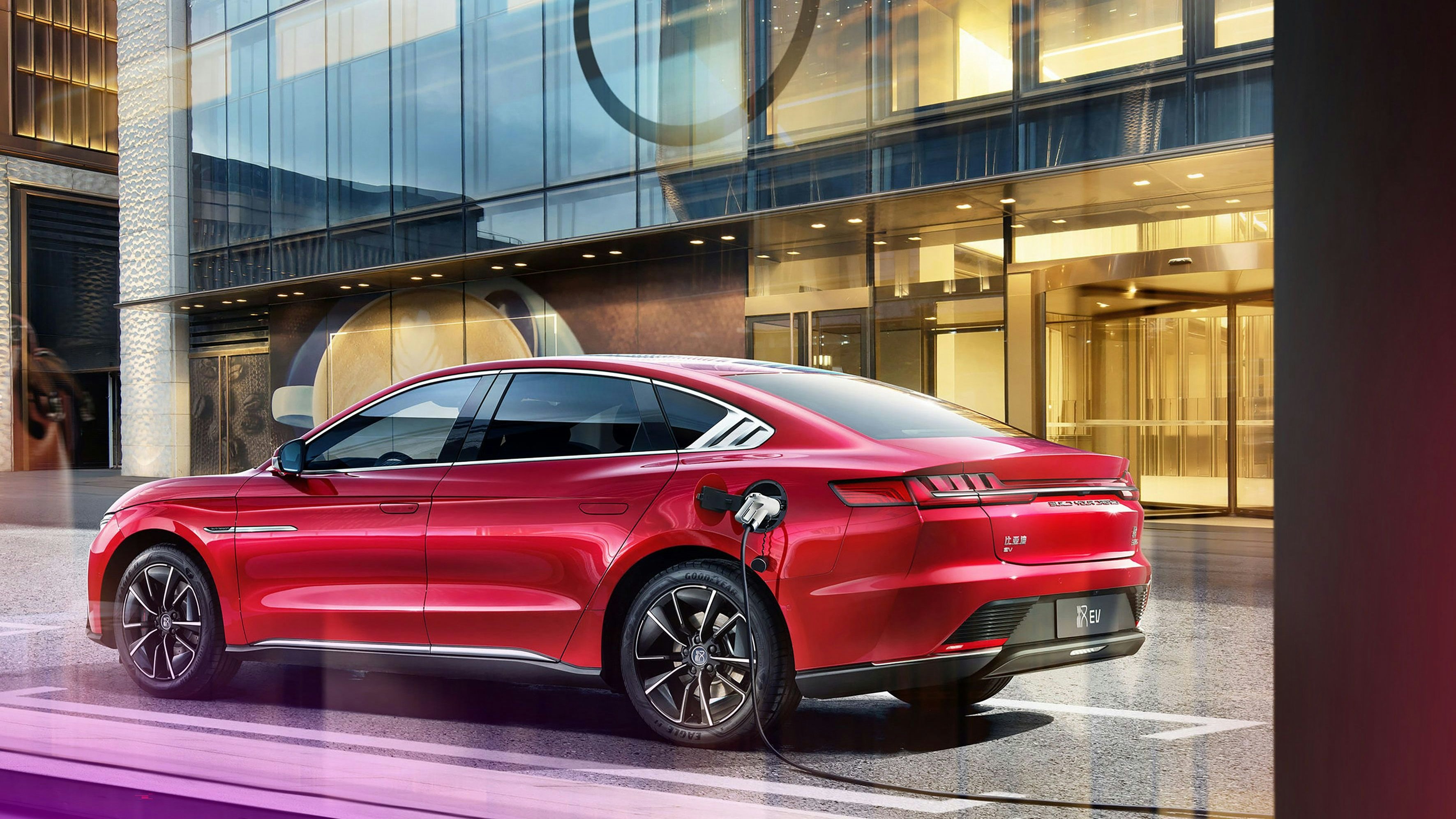Technology
Nintendo relocates production for Switch 2 - new console faces geopolitical uncertainty
Nintendo relocates Switch 2 production to Vietnam and strategically adjusts prices to flexibly offset US tariffs.

Nintendo is preparing for the launch of the Switch 2 – focusing not only on technology, but primarily on geopolitics. More than 50 percent of the hardware for the US market now comes from Vietnam and Cambodia, according to import data. This is how the Japanese company is proactively responding to the looming escalation in the trade conflict between the US and its key trading partners.
On April 2, the "Liberation Day" proclaimed by Donald Trump, the US President plans to announce new tariffs - just on the day when Nintendo is very likely to officially present the Switch 2. Pricing for the US market could thus be influenced by tariff policy.
The original Switch, introduced in 2017 as a hybrid console of handheld and stationary device, has sold more than 150 million units so far. The successor, which boasts a larger display and higher computing power, is expected to build on this success. At the same time, the supply chain has been consistently restructured in recent months: Analysts like David Gibson of MST Financial have documented that 383,000 finished devices were exported from Vietnam to the USA as early as January - presumably to test the distribution network and hedge against possible tariff risks.
According to Gibson, the product price of 338 US dollars indicated in the customs documents suggests that Nintendo could offer the console in the US at an entry price of 399 dollars - without a game. For comparison: The first Switch cost 299.99 dollars at launch.
The stock of the traditional company from Kyoto has risen by about 25 percent since the beginning of the year, also boosted by a buying recommendation from Goldman Sachs. Analysts expect at least 10 million units sold in the first year. At the same time, they warn that the price will be a decisive factor for market success.
For Nintendo, the Switch 2 is the first major console launch in a volatile geopolitical environment. The fact that Vietnam is currently spared from the tariff dispute could change quickly—the Southeast Asian country has the third-highest trade surplus with the USA after China and Mexico.
Not just Nintendo, Sony is also making preparations: The PlayStation manufacturer is also increasing its inventories in the USA. However, no other company is as dependent on a smooth market launch as Nintendo. In the end, the decisive factor for success is likely not only the technology or the price – but the question of how long Vietnam remains a duty-free manufacturing location.






